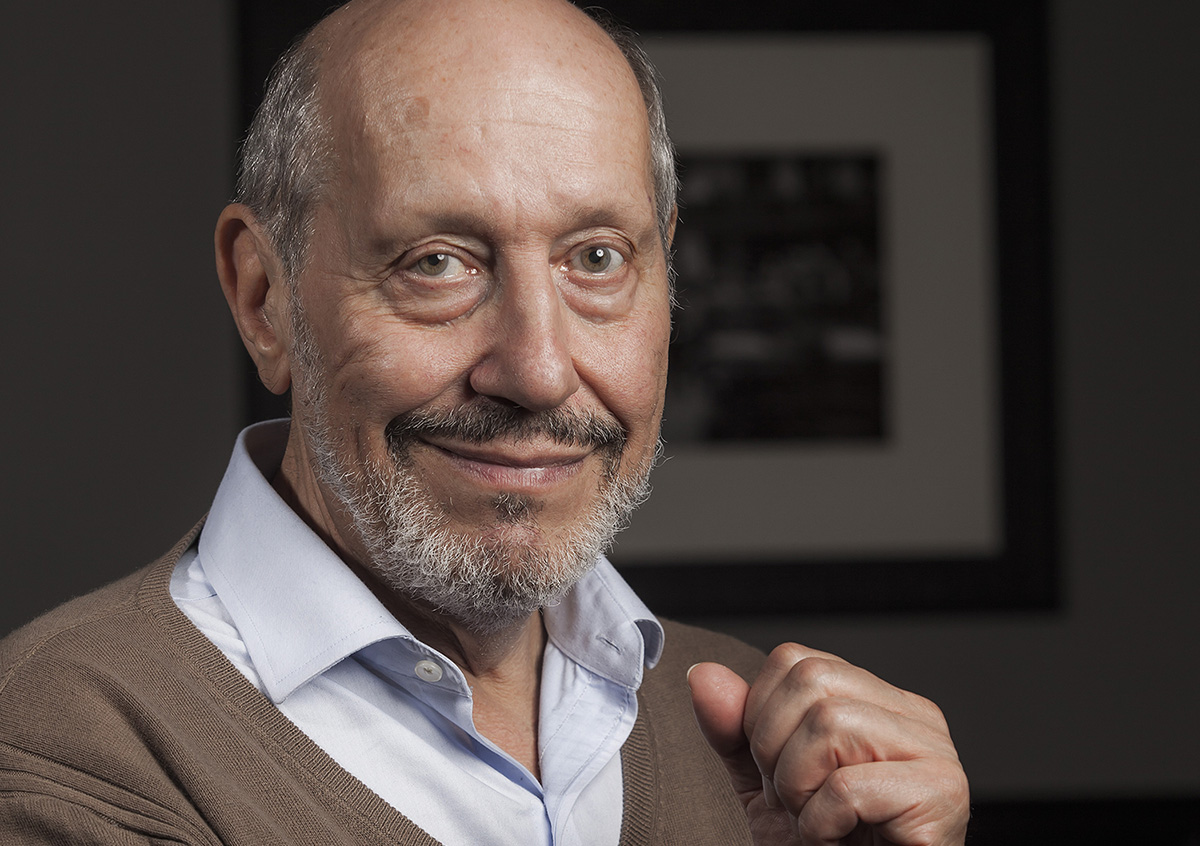

Stroum Lecture Night 2: Jewish Emancipation and the Radical Enlightenment
Tuesday, May 23, 2017, 7:00 pm PDT - 8:30 pm PDT
Learn more about Spinoza, and read writing by Jonathan Israel and other Spinoza scholars, at the 2017 Spinoza & Modern Jewish Philosophy Conference website.
The 2017 Stroum Lectures will feature Prof. Jonathan Israel of the Institute for Advanced Study in Princeton. The second night’s lecture, on May 23, 2017, will explore “Eighteenth-Century Jewish Emancipation: a Consequence of the Radical Enlightenment?”
Jonathan Israel’s recent work focuses on the impact of radical thought (especially Spinoza, Bayle, Diderot, and the eighteenth-century French materialists) on the Enlightenment and on the emergence of modern ideas of democracy, equality, toleration, freedom of the press, and individual freedom. His books include European Jewry in the Age of Mercantilism, 1550–1750 (1985); The Dutch Republic: Its Rise, Greatness, and Fall, 1477–1806 (1995); Radical Enlightenment: Philosophy and the Making of Modernity, 1650–1750 (2001); Enlightenment Contested: Philosophy, Modernity, and the Emancipation of Man 1670–1752 (2006); and A Revolution of the Mind: Radical Enlightenment and the Intellectual Origins of Modern Democracy (2009).
Prof. Israel received his Ph.D. from the University of Oxford in 1972. Prior to the IAS, he taught at the University of Newcastle Upon Tyne, the University of Hull, and University College London. He has been awarded numerous prizes, including the PROSE Award 2015; City of Amsterdam, Frans Banninck Cocq Medal 2012; London Royal Society for the Encouragement of Arts, Manufactures and Commerce, Benjamin Franklin Medal 2010; Royal Netherlands Academy of Arts and Sciences, Dr. A. H. Heineken Prize in History 2008; Knight of the Order of the Dutch Lion 2004; American Historical Association, Leo Gershoy Award 2001; Wolfson Literary Award for History 1986. He is a member of the British Academy and the Royal Netherlands Academy of Arts and Sciences.
Jewish Emancipation and the Radical Enlightenment
The process of Jewish emancipation in Europe proved to be long, hard, and bitter. Most people, most churchmen, and most governments, as well as most academics in Europe did not accept that Jews had rights equal to those of other citizens until well into the second half of the nineteenth century. How then did Jewish emancipation come about? What were the forces that dismantled the near-universal prevalence of restrictions that controlled where Jews could live, excluded them from occupations, limited their property rights, kept them out of the universities and excluded them from holding public office?
This lecture will explore how the Jewish emancipation is inseparable from the eighteenth and early nineteenth-century revolutionary tendency, especially the subversive call for “universal and equal rights” that first arose in the 1770s and 1780s. The intellectual forces that rallied behind the call for Jewish emancipation were the same as those fighting for “universal and equal rights” in Europe generally– the Radical Enlightenment.
Because of this, modern Jewish history is fundamentally embedded in a style of political and religious thinking that was anti-monarchical, anti-aristocratic and anti-ecclesiastical, one that began in Holland with the group around Baurch Spinoza in the seventeenth century. This Radical Enlightenment included a long list of subversive thinkers and revolutionaries from a variety of backgrounds, including a remarkable batch of Jewish revolutionaries before Marx: Moses Mendelssohn, the “gentle revolutionary,” Zalkind Hourwitz, Hartog de Hartog Lemon, Ludwig Börne, Heinrich Heine, Moses Hess. Even young Marx himself can be seen as part of this tradition–until he turned away from democracy and equal rights, rejected Spinoza, and finally became a “Marxist.”
This year’s Stroum Lectures will take place in conjunction with the international conference on “Spinoza and Modern Jewish Philosophy,” taking place at the UW on May 21-22, 2017. Learn more about the conference, which has been organized by Prof. Michael Rosenthal, the Samuel and Althea Stroum Chair in Jewish Studies and professor in the Department of Philosophy.
Related Events:
- Stroum Lecture Night 1, May 21, 2017: “In What Sense was Spinoza a Revolutionary Thinker?” featuring Prof. Jonathan Israel
- Spinoza and Modern Jewish Philosophy Conference, May 21-22, 2017: Hosted by the Stroum Center for Jewish Studies at the University of Washington
Related Links:
- Stroum Lecture Digital Archive – watch lectures from previous years by scholars such as Ruth Behar, Jonathan Sarna, and Yael Zerubavel
- Stroum Lectures at the University of Washington Press – browse titles that emerged from previous years’ Stroum Lectures, including Yosef Haim Yerushalmi’s Zakhor: Jewish History and Jewish Memory and Ilana Pardes’ Agnon’s Moonstruck Lovers: The Song of Songs in Israel Culture.
